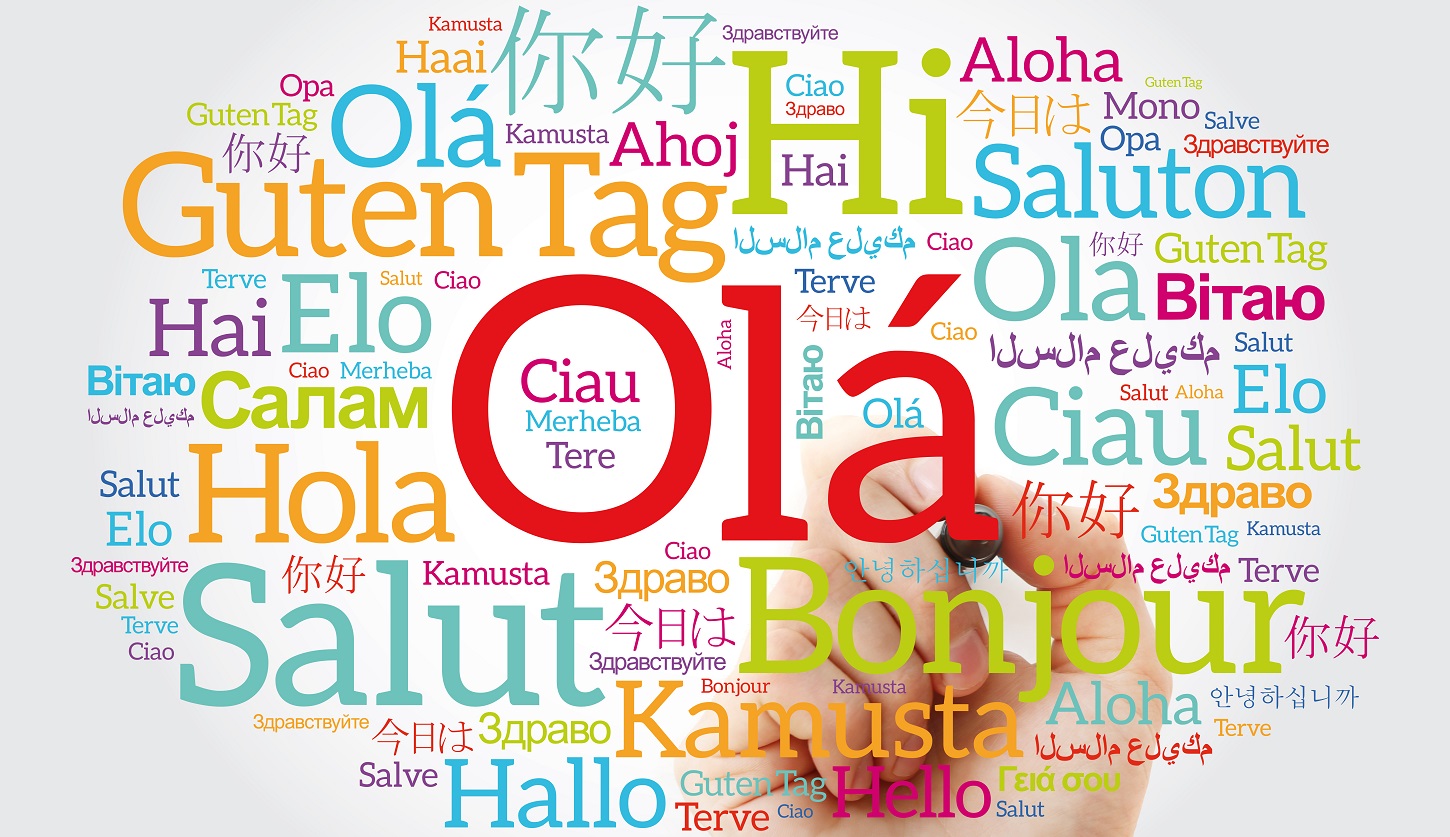Banish Stigmatizing Language to Make Room for Understanding

Subscribe to Catalyst
Subscribe to get our magazine delivered right to your inbox
Related Articles
Subscribe to Catalyst
Subscribe to get our magazine delivered right to your inbox
Related Articles
Language matters
From MHCC president and CEO Louise Bradley
Just ask someone who has been the victim of a racial slur. Ask someone whose child has been harassed or bullied. Ask someone who has been a target of verbal abuse because of their sexual orientation.
As a society, we’ve gotten past the outmoded idea that “sticks and stones may break my bones, but names will never hurt me.” It’s patently untrue. How we name things reflects our willingness, as a community, not only to “tolerate” otherness, but to strive to understand and accept those we think of as different.
Speaking with compassion is the first step in the long journey to equality. Often, it’s the subtle shifts in our ways of speaking that signal more seismic shifts toward inclusivity. Yet, when it comes to mental health problems and illnesses, we are behind the times. This is especially true in cases of serious or severe mental illness, which can manifest in behaviours that make us feel uncomfortable — or even, in the rarest and most extreme examples, appalled.
The distinction that’s missing when stigmatizing language is directed at people living with mental illness is the one between the individual and the illness. It goes missing when we hurl pejorative terms. But when we do so, we also strip away the humanity that binds communities together. We create a chasm between “us” and “them,” an illusory sense of security built on nothing more than false ideas.
We can’t inoculate ourselves from mental illness by casting stones from glass houses. What can help is drawing on the humility of “But for the grace of God go I.” Such compassion doesn’t require belief in a higher power, and we can only call our society civilized by embracing empathy for its most vulnerable and marginalized members.
My intention isn’t to cast aspersions. I don’t want to name-call or single out any person for this kind of behaviour — the fact is, it’s pervasive. So it’s up to all of us to look squarely in the mirror and confront our own biases.
When we denigrate those who are ill and incapable of defending themselves, we expose our own worst traits: fear, weakness, ignorance. Using more careful language, on the other hand, language that makes space for compassion, is to honour our shared experience.
To quote George Orwell, “If thought corrupts language, language can also corrupt thought.” By banishing stigmatizing language, we’re not only elevating public discourse, we’re creating a more just, inclusive, and hopeful society.
Louise Bradley




